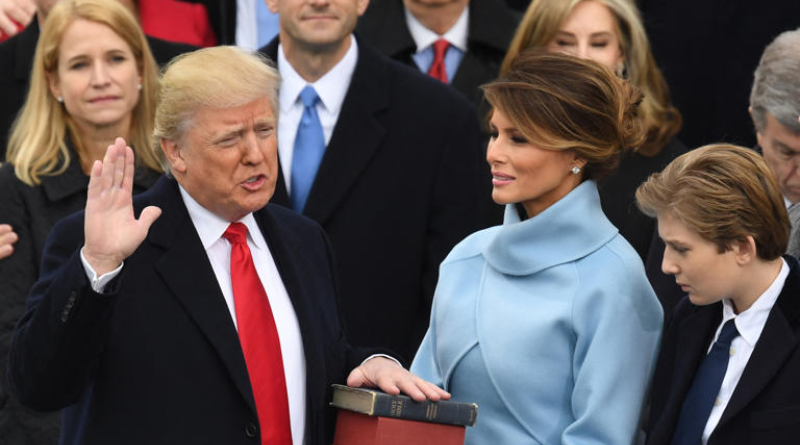Judges Rethink Retirement Plans Post-Trump Election, Sparking GOP Criticism
Judges Rethink Retirement Plans Post-Trump Election, Sparking GOP Criticism:- After serving as a U.S. district judge for 22 years and as a magistrate judge for five years, I made the challenging decision to retire in 2016. I wanted to leave while still at my best and ready to embark on a “third act” in life. Many judges who retire do so for similar reasons — seeking new challenges or simply finding that the role no longer aligns with their passions.
I recall a colleague who stepped down after only a few years because sentencing low-income offenders and immigrants wasn’t the impactful work he envisioned. He pursued a career in health care, where he found greater fulfillment. Others have left to start law firms, lead successful alternative dispute resolution practices, or take on academic positions. A number of retired judges have even transitioned to high-ranking roles in state or federal government. Interestingly, I’ve never known a judge who retired due to an overwhelming caseload.
After decades of public service, I felt ready for a change. Today, I work as an arbitrator and mediator, occasionally serving as a special master for various courts. This new chapter has been rewarding, offering fresh challenges and stimulating opportunities.

Judges Rethink Retirement Amid Political Climate
Following the 2016 presidential election, some judges who had planned to retire reconsidered their decisions, choosing instead to stay on the bench. These choices sparked accusations of partisanship from some Republicans, including Senator Mitch McConnell, who claimed the judges were trying to deny President-elect Donald Trump the opportunity to appoint their replacements.
This accusation is ironic coming from McConnell, given his actions during the Obama administration. In 2016, McConnell, then Senate Majority Leader, blocked President Barack Obama’s Supreme Court nominee, Merrick Garland, citing the proximity of the presidential election. Yet, in 2020, McConnell rushed the confirmation of Amy Coney Barrett to the Supreme Court just weeks before the election, securing a 6-3 conservative majority.
The Partisan Battle Over Judgeships
The controversy over judges delaying retirement reflects broader political gamesmanship. In August 2016, a bipartisan bill proposing 66 new federal judgeships over a decade passed the Democratic-controlled Senate. However, the Republican-led House delayed action on the bill until after the presidential election, clearly awaiting the results. After Trump’s victory, the House quickly passed the legislation in December.
The federal judiciary faces a significant backlog, with 677 district court judges handling nearly 400,000 cases annually. The Administrative Office of the U.S. Courts reported over 81,000 civil cases pending for more than three years, a staggering increase compared to two decades ago.
President Joe Biden has stated he would veto the bill, refusing to give Trump the chance to appoint a slate of conservative judges. Signing the bill would allow Trump to fill 22 additional judgeships, alongside existing vacancies, including on influential appellate courts where Biden’s final nominees were blocked.
Judges’ Decisions in Context
Given this political backdrop, the decision of some federal judges to rescind their retirement plans seems understandable. Their reluctance to see their seats filled by ideologically extreme judges—such as Judge Matthew Kacsmaryk, known for attempting to ban abortion pills—reflects a broader concern about the future of the judiciary.
Is it wrong for judges to factor election outcomes into their retirement decisions? That depends on one’s perspective. However, when viewed within the larger context of partisan politics’ influence on judicial appointments, their actions appear less about personal bias and more about safeguarding the integrity of the courts.
Ultimately, whether their decisions were justified is a question for the public to consider. But any judgment must take into account the undeniable role that partisanship has played in shaping the federal judiciary.
This article was originally published on MSNBC.com
Related post
https://sigmagenbuzz.com/vivek-slashes-1500-page-budget-bill-to-just-75-words/
https://sigmagenbuzz.com/j6-revelation-trump-ordered-military-protection-defiance-led-to-capitol-chaos/ https://sigmagenbuzz.com/democrats-skipping-donald-trumps-inauguration2025-full-list-and-reasons/

